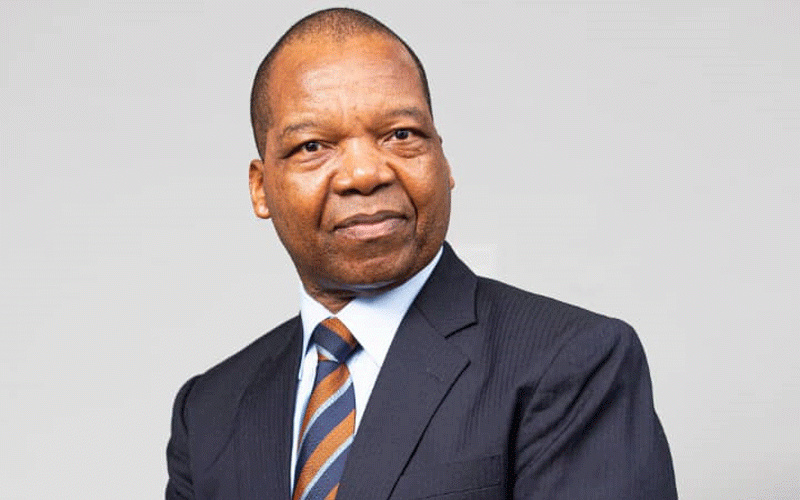
ZIMBABWE’s banking sector this week downplayed the severe liquidity shortages that have plagued markets since the introduction of the new currency on April 5.
The Reserve Bank of Zimbabwe (RBZ) switched to the Zimbabwe Gold (ZWG) currency after abandoning the rapidly depreciating Zimbabwe dollar.
Since then, markets have faced a scarcity of physical notes, which are crucial for daily transactions, including transport fares.
This week, an official from the Confederation of Zimbabwe Retailers (CZR) acknowledged the cash shortages, stating that retailers had been compelled to offer small food items like buns and chocolate as change to customers.
Passenger transport operators also confirmed the liquidity crunch.
However, in response to questions from the Zimbabwe Independent, the Bankers Association of Zimbabwe (BAZ) said there were no liquidity shortages.
“From the Bankers Association’s perspective, there is no shortage of ZWG in the market,” the organisation stated
“Banks, typically order cash from the central bank based on the demand for cash they anticipate from their customers.
- Zimbabwe needs to rethink economic policies
- Zimbabwe needs to rethink economic policies
- Forex demand continues to fall
- Digital platforms transfer ZW$8tn
Keep Reading
“It is not factual that banks retain 70% of ZWG cash received from the central bank. We are not aware of companies facing difficulties in obtaining ZWG in exchange for USD,” BAZ noted.
These comments contradicted statements made by Finance, Economic Development, and Investment Promotion deputy minister David Mnangagwa at the inaugural Capital Markets conference earlier this month.
Mnangagwa said banks had “only released 30% of the monies that have been given by the RBZ” and noted that “what then happens after that is now outside of the RBZ’s control”.
RBZ Monetary Policy Committee (MPC) member Persistence Gwanyanya indicated that the central bank had disbursed adequate liquidity into the market.
RBZ monetary policy committee (MPC) member Persistence
“In actual fact, we actually want customers to liquidate their US dollars for cash and I think the central bank would be happy if that is happening,” Gwanyanya said.
“If there are such requests, which are failing to be met in the market, I think the central bank would be happy to quickly intervene and assist because that is exactly what one would expect.
“But in terms of the official position, and the situation on the ground, the central bank has actually injected enough money to the banks to liquefy the economy with the cash requirements.
“It appears there is some disintermediation in which case the cash is not getting to the customers.
“The Reserve Bank acknowledged the challenge of the distribution or access of cash from the customer or the banks and has intervened,” he said.
Despite these assurances, the CZR confirmed a shortage of ZWG, which has led to retailers forcing consumers to buy non-budgeted groceries due to a lack of change.
“The CZR acknowledges the concerns raised by consumers regarding the scarcity of smaller denomination coins and the availability of the new currency, the ZWG,” CZR economist Innocent Marimo said.
“We recognise the importance of providing accurate change to customers during transactions.
“Retailers are indeed facing challenges in securing sufficient ZWG coins due to their limited circulation. Some retailers have resorted to the use of coupons and use of small items as change.
“We are in consistent engagement with the RBZ for the increased supply of the ZWG in the market. We encourage all retailers to make every effort to provide change in the form of ZWG currency where possible,” he said.
Financial analyst Ranga Makwata warned that if consumers encounter difficulties in accessing the new currency, it could lead to uncertainty and delays in transactions for businesses.











